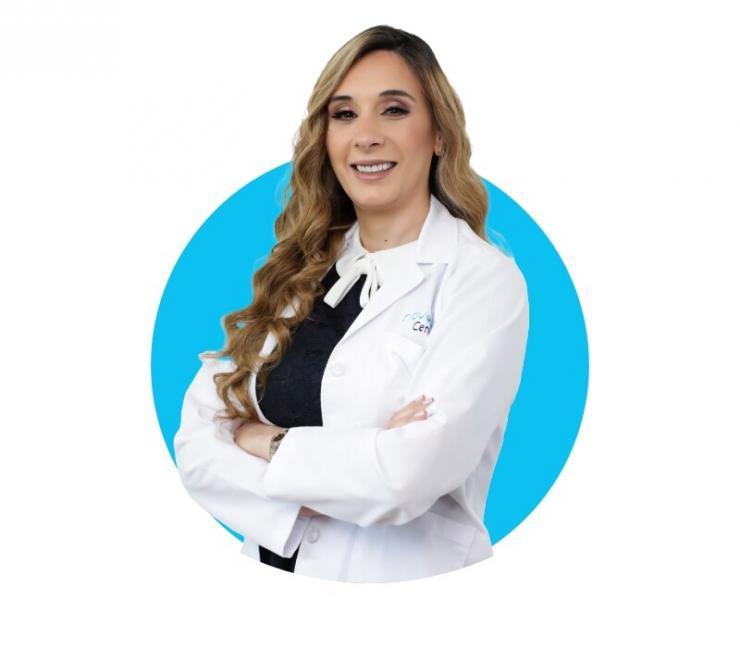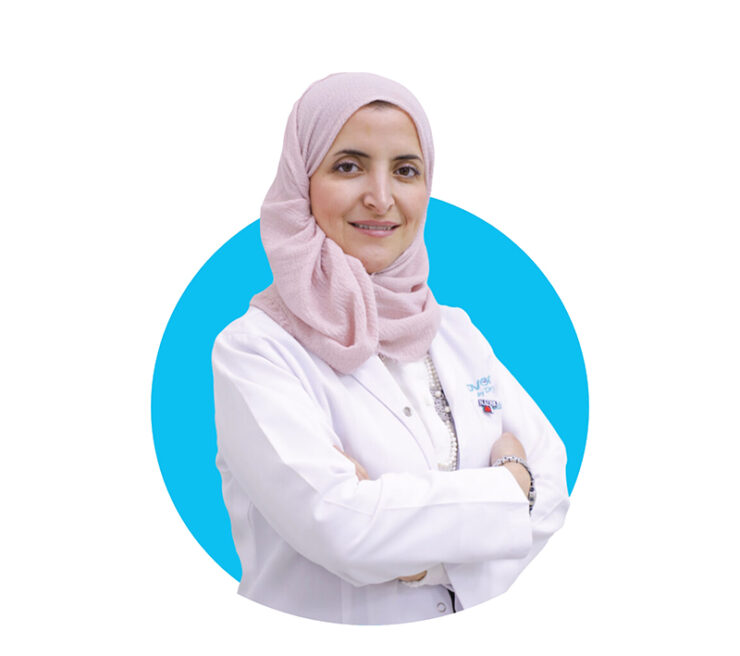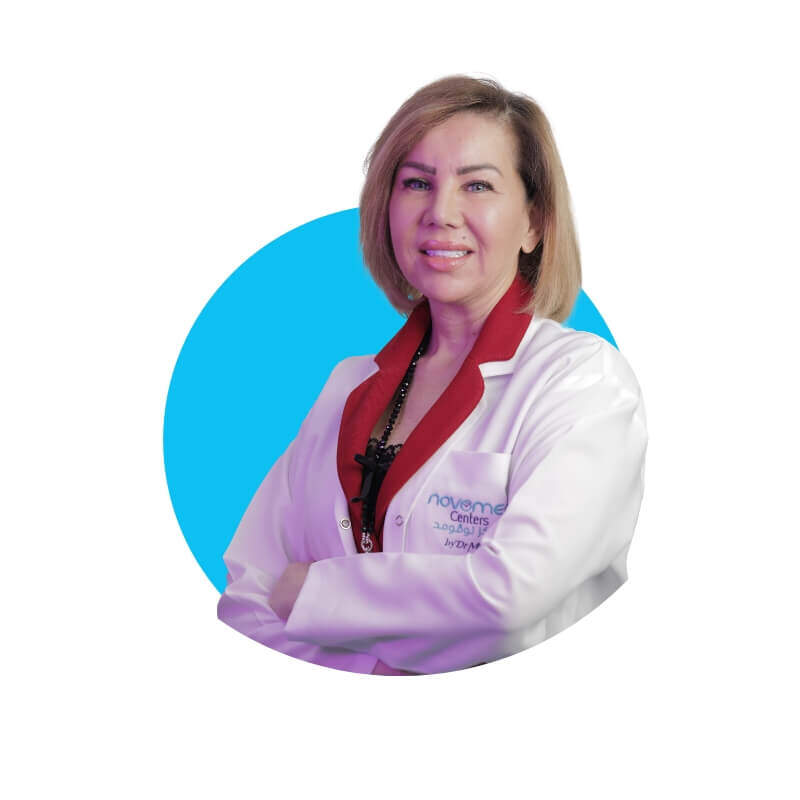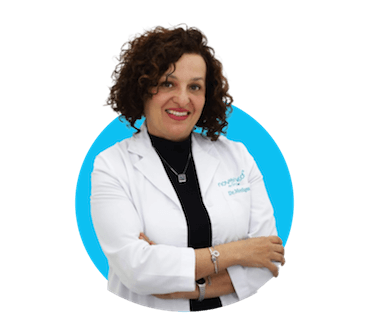PCOS Treatment in Dubai, Abu Dhabi and Al Ain
Overview
Polycystic ovary syndrome (PCOS) is a hormonal condition that affects many women of childbearing age. Women with PCOS may have irregular menstrual cycles, an excess of the male hormone androgen, and difficulty getting pregnant.
There is no cure for PCOS, but medications can minimize symptoms and prevent some health concerns. Early detection and treatment can help lower the risk of long-term problems like diabetes, high blood pressure, and uterine cancer.
What are the symptoms of PCOS?
The symptoms usually appear around the time of puberty’s first menstrual period or can develop later in life as a result of significant weight gain. If you are obese, the signs and symptoms of PCOS are usually more severe.
There are various PCOS symptoms, including:
- Severe acne and hair loss.
- Excess face and body hair.
- Large or multiple cysts on the ovaries.
- Missed, infrequent, prolonged, or heavy periods.
What are the causes of PCOS?
The exact cause of PCOS is unknown; however, some factors have proved to play a role, such as high insulin levels, which lead to an increase in androgen levels. Heredity also plays a role as evidence has shown that PCOS can run in families.
Reproductive hormones imbalance may occur if you have PCOS, which can cause issues with your ovaries and menstrual cycle. The ovaries may produce a large number of small collections of fluid and fail to release eggs on a regular basis, making it difficult for these women to have regular periods or get pregnant.
How is PCOS diagnosed?
During your consultation, our gynecologist will review your medical history, including the menstrual cycles and weight fluctuations, and check for excess hair growth or acne. They will also perform a pelvic exam to examine the condition of your reproductive organs and check for any abnormalities.
Some PCOS symptoms are similar to those of other illnesses, which is why you may need to have an ultrasound to examine the appearance of your ovaries and the thickness of your uterine lining or blood tests to measure your hormone levels.
How is PCOS treated?
PCOS treatment is determined based on your age, symptoms, overall health, and objectives and can be tailored to address your specific issues, such as infertility, acne, or obesity. Lifestyle changes or medication may be needed as part of your treatment plan.
The factors that can help reduce the effects of PCOS include:
- A healthy diet combined with increased physical activity to lose weight and reduce blood sugar levels. This lifestyle change will reduce your insulin and testosterone levels, and help with infertility.
- Birth control pills to regulate your menstrual cycle. Taking these pills will reduce your androgen production and the risk of abnormal bleeding and hair growth.
- Progestin therapy to control your periods and protect you from endometrial cancer.
- Diabetes medications to treat insulin resistance. It may also help you ovulate more frequently by reducing androgen levels and hair development.
Schedule your appointment at Novomed today!
If you are experiencing PCOS symptoms, make an appointment with one of our highly qualified gynecologists in Dubai, Abu Dhabi or Al Ain to learn more about your condition and treatment options.
Book your consultation today by calling toll-free 8006686 or clicking the live chat icon at the bottom of the screen.
PCOS is a common health problem that affects teen girls and young women by inducing irregular menstrual cycles, excess hair and acne, infertility, and weight gain.
Doctors are not sure what causes PCOS, but it appears to be linked to a hormonal imbalance in women.
PCOS can happen at any time after puberty during your reproductive years (usually between the ages of 15 and 44).
PCOS can increase the risk of type 2 diabetes, high blood pressure, heart disease, and endometrial cancer in women.
There is no cure for PCOS, but there are several treatment options that can help balance your hormone levels and prevent any serious problems.





